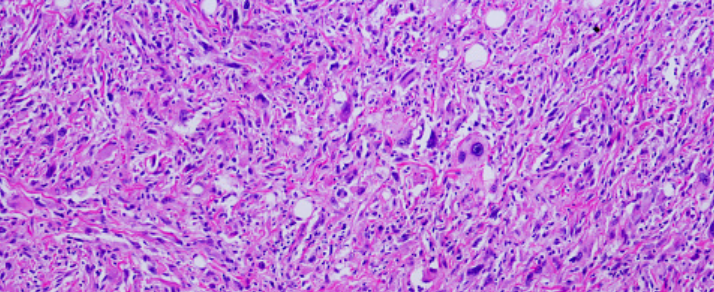Photo Credit: Freepick
The following is a summary of “Impact Of Probiotic Supplementation On Gastric Motility And Nutrient Absorption In Elderly Patients With Gastrointestinal Disorders,” published in the March 2025 issue of the BMC Gastroenterology by Gong et al.
Gastrointestinal disorders (GIDs) in elderly individuals frequently result in impaired gastric motility and compromised nutrient absorption, exacerbating the risk of malnutrition. Probiotics, particularly Lactobacillus rhamnosus GG (LGG), have been proposed as potential therapeutic agents to enhance gastrointestinal function by improving motility and facilitating nutrient uptake. This retrospective study assesses the effects of LGG supplementation on gastric motility and nutrient absorption in older patients diagnosed with GIDs. A total of 231 older patients with GIDs were analyzed, with participants categorized into two groups: the probiotic supplementation (PS) group (n = 110), which received LGG at a dose of 1 × 1010 CFU twice daily for at least seven days, and the non-probiotic supplementation (NPS) group (n = 121), which did not receive LGG.
Baseline and post-treatment assessments included gastric motility evaluation via ultrasonography, gastrointestinal hormone analysis using radioimmunoassay, and nutrient absorption measurement through ELISA and calorimetry. Following LGG supplementation, the PS group exhibited notable improvements in gastric motility, evidenced by a significant increase in antral contraction amplitude (58.65 mm vs. 56.53 mm, P = 0.004) and contraction frequency (4.06 vs. 3.81 times/min, P = 0.009), alongside a reduction in gastric half-emptying time (28.15 min vs. 29.77 min, P = 0.007). Hormonal analysis demonstrated elevated motilin and neuropeptide Y levels, coupled with a reduction in vasoactive intestinal peptide levels in the PS group (P < 0.05), indicating enhanced gastric regulatory mechanisms. Nutrient absorption markers further corroborated the efficacy of LGG supplementation, with the PS group exhibiting reduced stool fat, protein, and carbohydrate content, improved intestinal permeability, and increased digestibility and assimilation of energy, fat, and protein (P < 0.05).
Collectively, these findings suggest that LGG supplementation significantly enhances gastric motility and nutrient absorption in older patients with GIDs, underscoring its potential as a therapeutic intervention to mitigate digestive dysfunction and malnutrition in this vulnerable population.
Source: bmcgastroenterol.biomedcentral.com/articles/10.1186/s12876-025-03740-2












Create Post
Twitter/X Preview
Logout